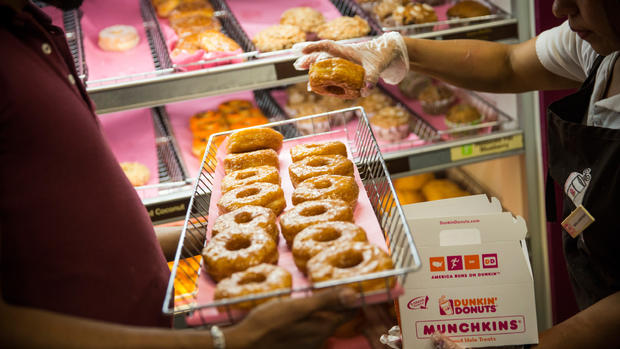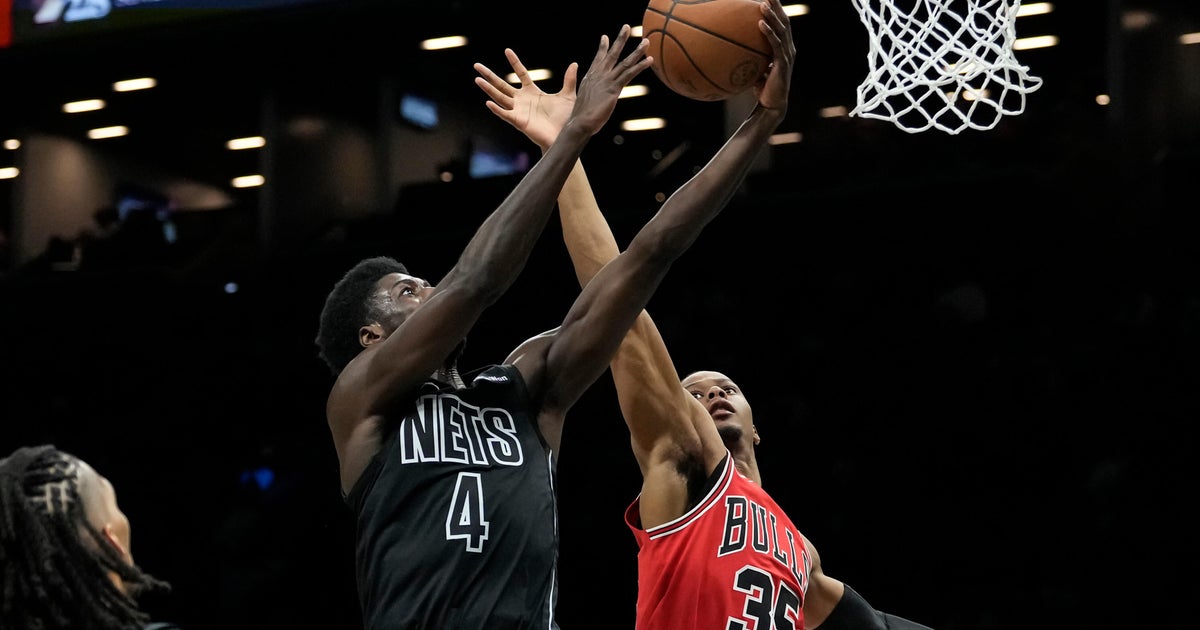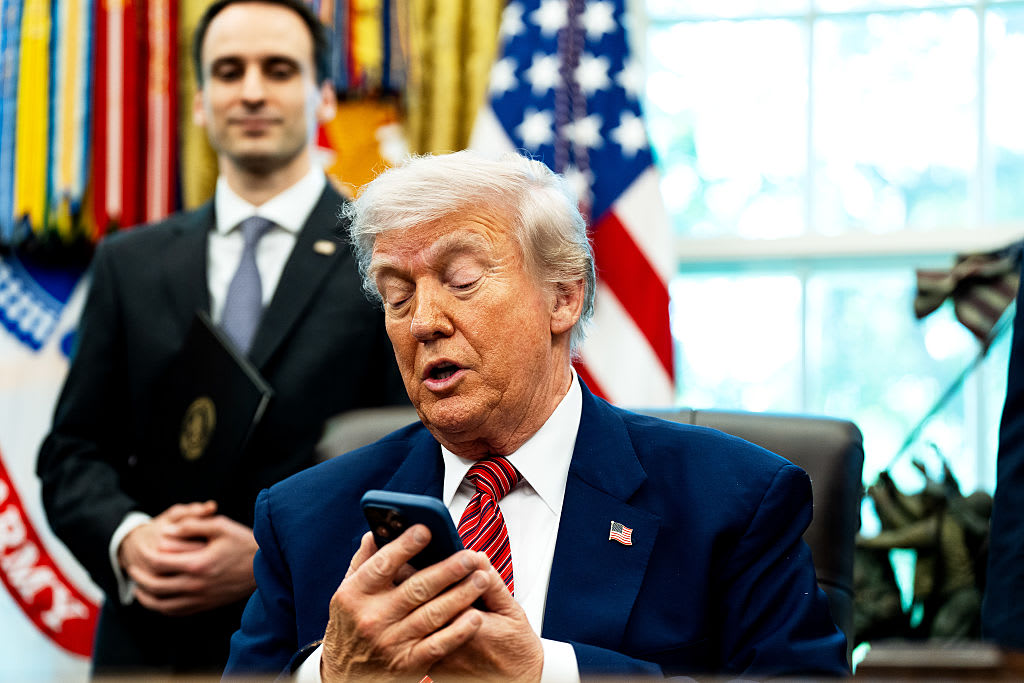Burger King explains net neutrality with a $26 Whopper
Burger King is serving up its own hot take on a regulatory showdown that has enflamed the U.S., using a Whopper. Their flame-broiled target: the Trump administration's dismantling of net neutrality.
Burger King's new ad has become a sensation, with more than a million views on YouTube and it's lighting up Twitter. In the ad customers, whom the restaurant says are real, are told they will be charged different prices for a Whopper, based on speed, or MBPS (making burgers per second). Prices range from $5 to $26.
And the customers grow increasingly furious in an art-imitating-life display that mocks new internet rules that have led to wide-scale protests, even death threats.
There's even a jab at Ajit Pai, who heads the federal commission that voted last month to eliminate net-neutrality protections for the internet (hint: look for the colossal Reese's coffee mug).
In December, FCC Chairman Ajit Pai was among the commissioners who voted to overturn "net neutrality," the regulations ensuring that internet service providers such as AT&T (T), Comcast (CMCSA) and Verizon (VZ) treat all websites and online content equally.
The vote was highly charged, reflecting the public controversy over whether to preserve or eliminate the Obama-era rules. Last month, a University of Maryland poll found more than four out of five respondents opposed repealing net neutrality, with Republicans almost as likely as Democrats to agree that the regulation should remain in place.
Nevertheless, the commission's three Republican members voted to unravel the 2015 net neutrality rules, outweighing its two Democratic members, who voted against the measure. In casting the deciding vote, Pai said, "The sky is not falling, consumers will remain protected."
Repealing the Obama-era rules allows internet service providers a free hand to slow or block websites and apps as they see fit or charge more for faster speeds.
The FCC decision has led to a fierce pushback by consumers, law enforcement and major corporations.
Last week, a group of attorneys general for 21 states and the District of Columbia sued to block the rules. So did Mozilla, the maker of the Firefox browser, public-interest group Free Press and New America's Open Technology Institute. Others may file suit as well, and a major tech-industry lobbying group that includes Google has said it will support litigation.
This week, Montana became the first state to bar telecommunications companies from receiving state contracts if they interfere with internet traffic or favor higher-paying sites or apps.




